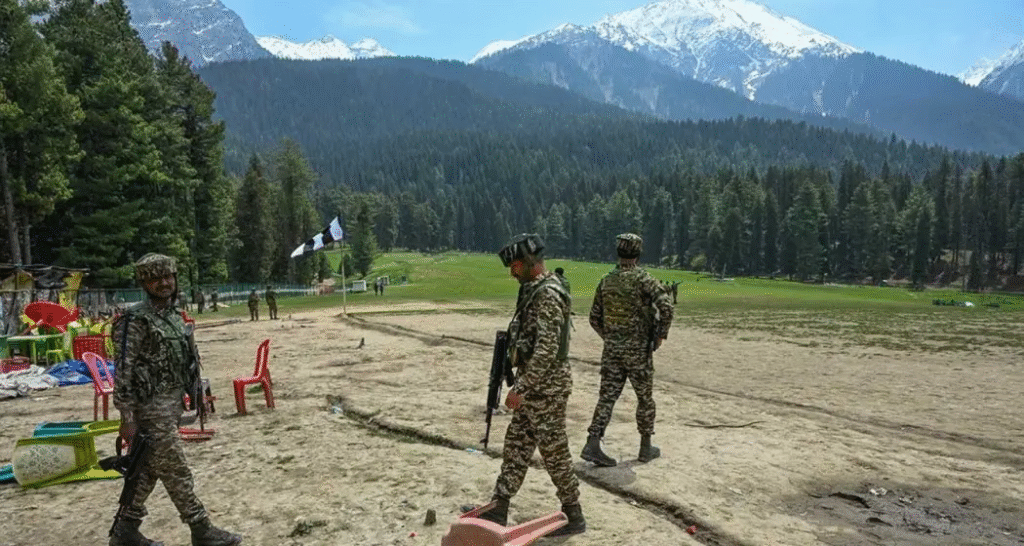In a significant breakthrough, the National Investigation Agency (NIA) has arrested two individuals for allegedly providing shelter, food, and logistical support to the three Pakistani terrorists involved in the April 22 Pahalgam terror attack. This marks the first arrest in the case and comes exactly two months after the deadly assault, which killed 26 tourists and injured 16 others. The incident further escalated tensions between India and Pakistan. The arrested individuals were identified as Parvaiz Ahmad Jothar from Batkote and Bashir Ahmad Jothar from Hill Park, both in Pahalgam.

According to the NIA, the arrested duo sheltered the attackers at a seasonal hut (dhok) in Hill Park before the assault. The investigation revealed that the three assailants—identified as Pakistani nationals Hashim Musa (aka Suleiman), Ali Bhai (aka Talha Bhai), and local operative Adil Hussain Thokker—were affiliated with the banned terror outfit Lashkar-e-Taiba (LeT). A reward of ₹20 lakh has been announced for information leading to the capture of each suspect. The two arrested men have been charged under Section 19 of the Unlawful Activities (Prevention) Act, 1967.
Authorities believe the terrorists selectively targeted tourists based on their religious identity, making it one of the most gruesome terror attacks in recent history. The Resistance Front, a proxy group for LeT, claimed responsibility. Indian intelligence has linked the operation’s coordination to digital communications traced to safe houses in Muzaffarabad and Karachi, drawing comparisons to the 2008 Mumbai attacks. In the aftermath, the NIA interrogated hundreds of individuals, including suspected collaborators, pony operators, vendors, and tourism workers, while also reviewing visual evidence from the day of the attack.
India responded with Operation Sindoor on May 7, targeting nine terror camps across Pakistan and Pakistan-occupied Kashmir (PoK) in a series of pre-dawn strikes that reportedly killed over 100 militants. The strikes triggered four days of intense cross-border conflict, involving fighter jets, missiles, and artillery exchanges. On the night of May 9–10, the Indian Air Force launched targeted operations at 13 Pakistani military installations before hostilities de-escalated on May 10.













